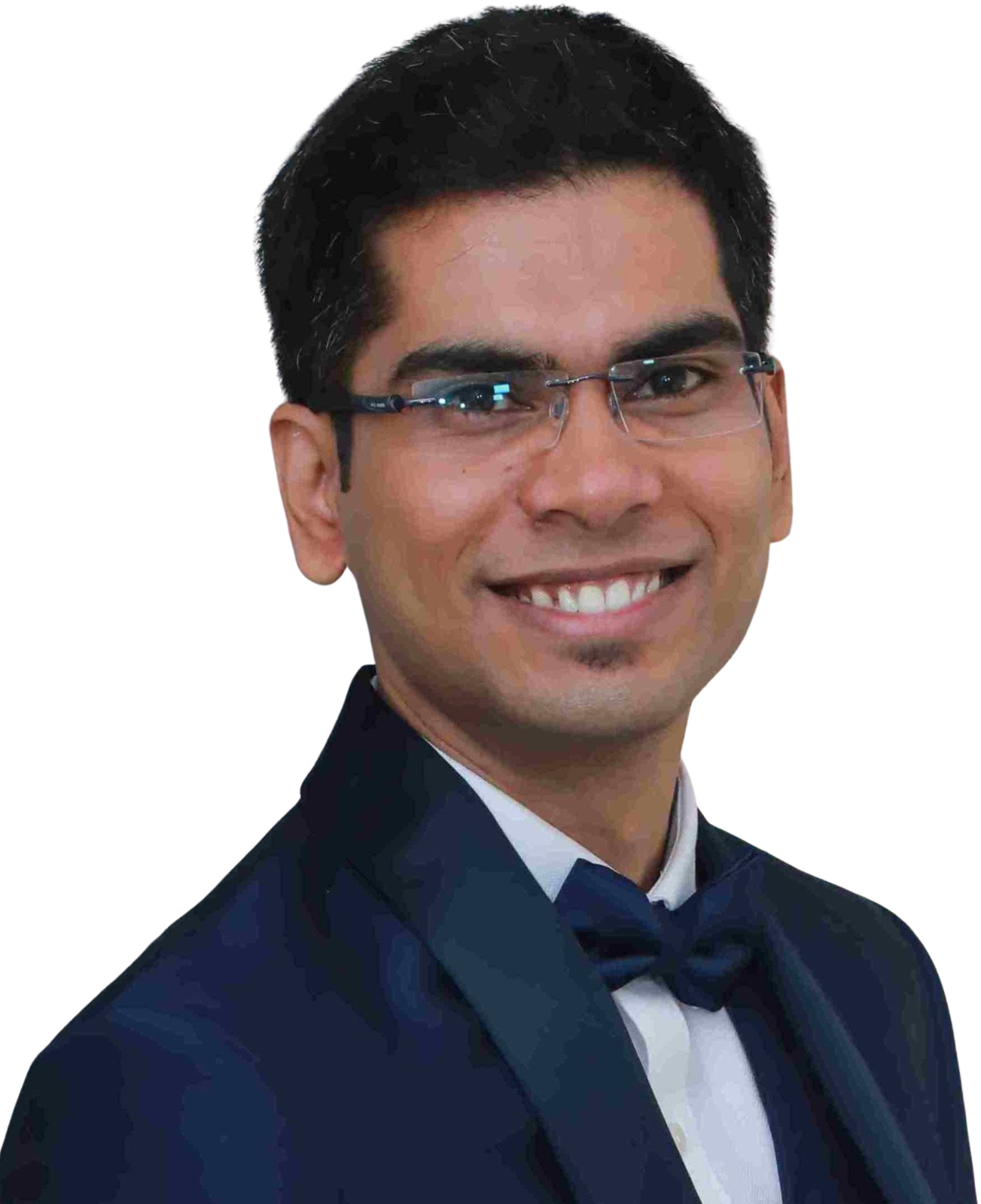There are no items in your cart
Add More
Add More
| Item Details | Price | ||
|---|---|---|---|

We hear the term "critical thinking" all the time, from job descriptions to educational goals.
In a world overflowing with information (and misinformation!), the ability to think critically is more valuable than ever. It empowers you to make better decisions, solve complex problems, and communicate more effectively.
Ready to become a better critical thinker? Here are the five practical ways to get going:
1. Play the "Why?" Game: Like a curious toddler, get into the habit of asking "why" repeatedly. Why is this new policy being implemented? Why did that marketing campaign succeed? Why do I hold this particular belief? Pushing beyond the initial answer forces you to explore underlying reasons, motivations, and assumptions.
2. Seek Out Different Perspectives: It's comfortable to stay in our own echo chamber, but growth happens when we step outside.
3. Embrace the Power of "I Don't Know": A true critical thinker is comfortable with ambiguity. Instead of jumping to the first available answer, get comfortable with pausing and admitting you don't have enough information. This humbleness opens the door for genuine learning. The next time you're in a meeting and unsure about something, try saying, "That's a good point, I don't have the answer right now, but I'll find out." 🔎
4. Break It Down: Complex problems can be overwhelming. A core critical thinking skill is deconstruction—breaking a large problem into smaller, more manageable parts. If you're tasked with improving team morale, for instance, break it down: what are the current complaints? What are the potential causes? What are some low-cost solutions we can test? Analyzing each component makes the bigger picture much clearer. ✍️
5. Reflect on Your Decisions: Take time to review your past choices, both good and bad. What was your thought process? What information did you have? What were your assumptions? What would you do differently now? This kind of self-reflection is like a workout for your brain, training it to recognize patterns and improve your decision-making process for the future. 💭
By integrating these simple habits into your daily routine, you'll move beyond surface-level thinking and develop the sharp, analytical mind needed to thrive in any situation.
SkillUVA is committed to your personal development and wants you to be better in your journey as a professional, and therefore, offers you this amazing new eBook on Body Language Mastery, FREE with your VIP Membership, or buy it for Rs. 49/- only.

Dr. Ashish Parnani
Founder & Director - SkillUVA